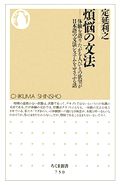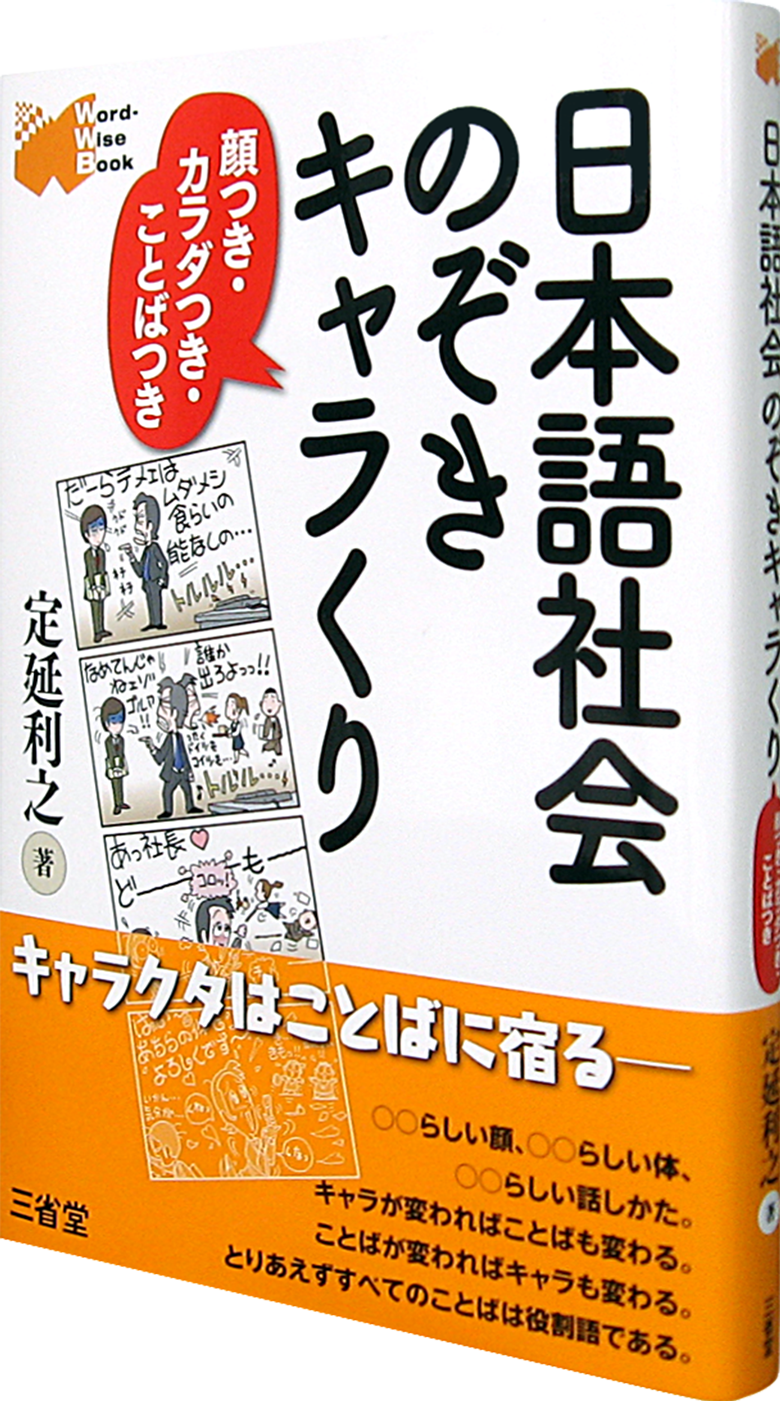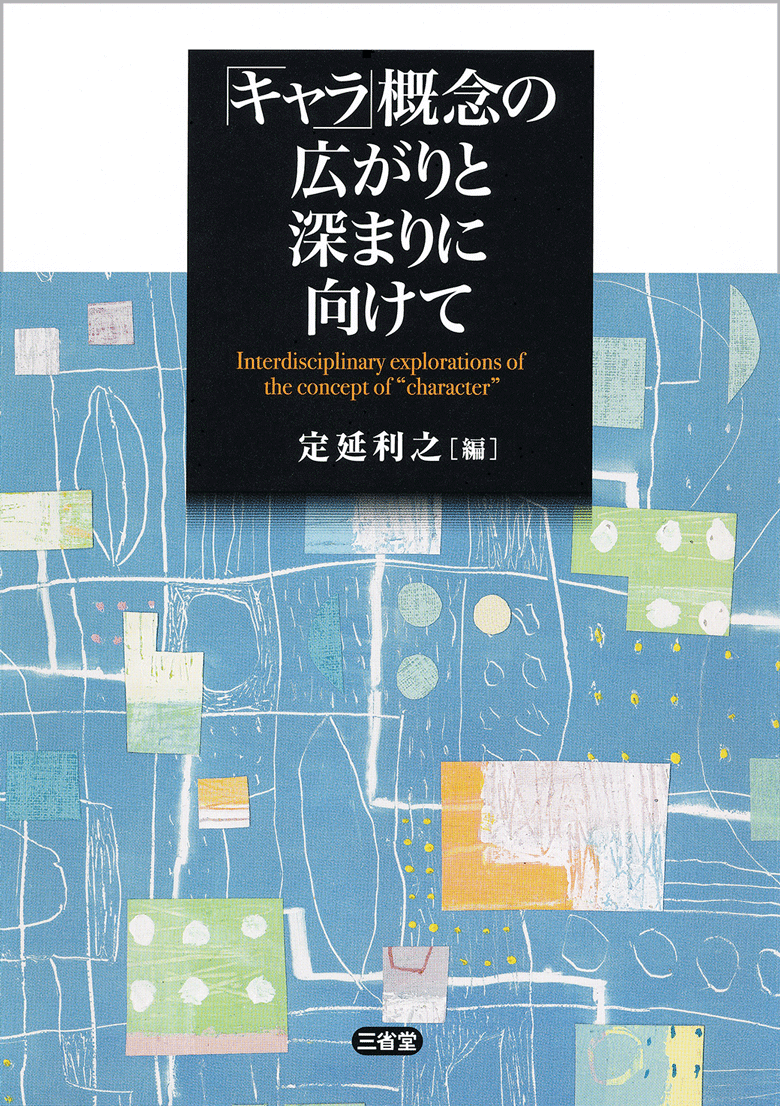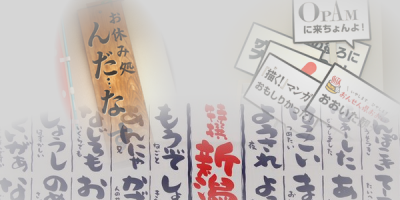
In the previous columns, I explained that for the most part we can divide the status of characters into four broad categories by the language that they use, and we looked at the “highest of high,” and then “superiors” and “inferiors” (parts 61 & 62). So, what is the fourth status? Is it the “mid-ranked” character? No, as I said at the end of the last column, there is no need for such a status. What is it then? The answer is the “runts” or “small-fry”(1) (hereafter, we’ll use “runts”).
Who are “runts”? They’re children who are much younger than the others in their playgroup. When playing tag, they are subject to special rules because they’re much slower than the other kids, so they don’t become “it” even when they’re tagged. They shout and flee from the person who is “it” just like the other kids, but in fact they aren’t really part of the game. Those of you who have no idea what I’m talking about should read up on the subject in Hajime Sugawara and Kensuke Nakajima’s article, “Gomame/Misokkasu no Kenkyuu: Denshou Bunka toshite no Inenrei no Nakama Shuudan niokeru Tokubetsu na Ru-ru ni Kansuru Chousa (1)”(2) (Bulletin of Hokuriku Gakuin Junior College, Vol. 37, p.13–24).
“Runt” characters have no polite style; they use the brusque style exclusively. They are very rude, but are given a pass because they are too young and innocent to know better. As you have probably already realized, the “runt” character is even lower in than the “inferior” character; it is the lowest status possible. The archetypal “runt” character is a young child.
One would think that the “runt” was the exact opposite of the “highest of the high,” and this is indeed the case. For example, the “highest of the high” could use the pronoun “washi” (I [archaic]), but not the “runt.” However, the two are oddly similar in that they are removed from the “inferiors” and “superiors” who are busily making livelihoods for themselves.
Just as the fish known as a “hamachi” is given the new name of “buri”(3) after growing to maturity, slowly but surely the “runt” can, while still retaining the basic “runt” character, become an “inferior” in limited situations, such as when talking to kindergarten teachers and other children, and then further come to act as a “superior” who speaks in quite a grown-up manner. Over time, this completely becomes their basic character. Does the child outgrow their “runt” character? Of course there are people who have never once spoken to their parents or spouse in a polite style. So long as such people don’t become domestic tyrants, are they perhaps still “runts” at heart?
* * *









(1) In Japanese: “gomame” (lit. dried sardine) and “misokkasu” (lit. miso dregs).
(2) This translates as “Research on Runts and Small-fry: A Survey of Special Rules in Age-diverse Groups as Traditional Culture.”
(3) The Japanese amberjack (yellowtail) is known by two separate names. They are called hamachi while immature and buri when mature.